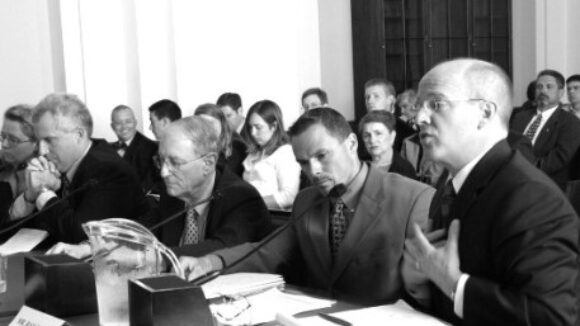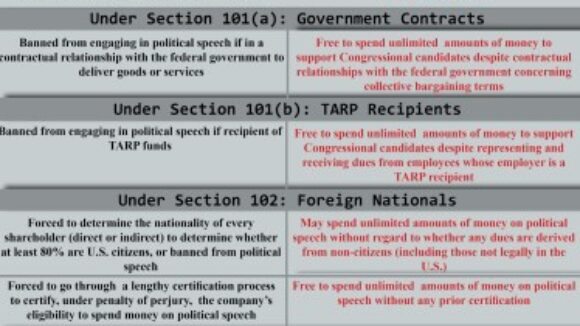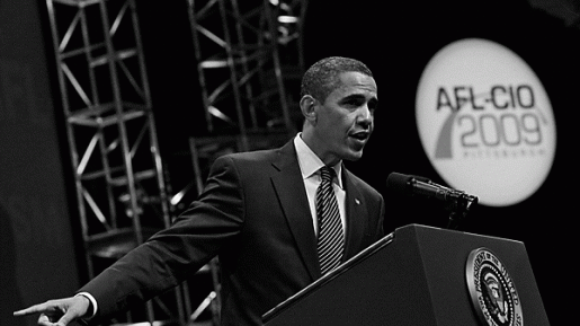Nationalizing the Police and Fire Forces
The Investor's Business Daily takes on Sen. Harry Reid and his effort for nationalize union rules governing firemen, police and first responders: In an effort to please union backers ahead of the 2010 midterm elections, Senate Majority Leader Harry Reid is quietly trying to nationalize rules governing every police, fire and first responder union in the nation. Through the benignly named Public Safety Employer-Employee Cooperation Act (H.R.413), Reid wants all first responders represented by collective bargaining rules emanating from Washington D.C. Naturally this legislation is being pushed as a matter of "national security." Democrats' union supporters will greatly benefit from nationalized rules for police and fire unions. This plan would replace with federal rules state laws on collective bargaining between state and local governments and their first responder unions and would greatly empower unions to dictate pay scales and benefits on a national level.


